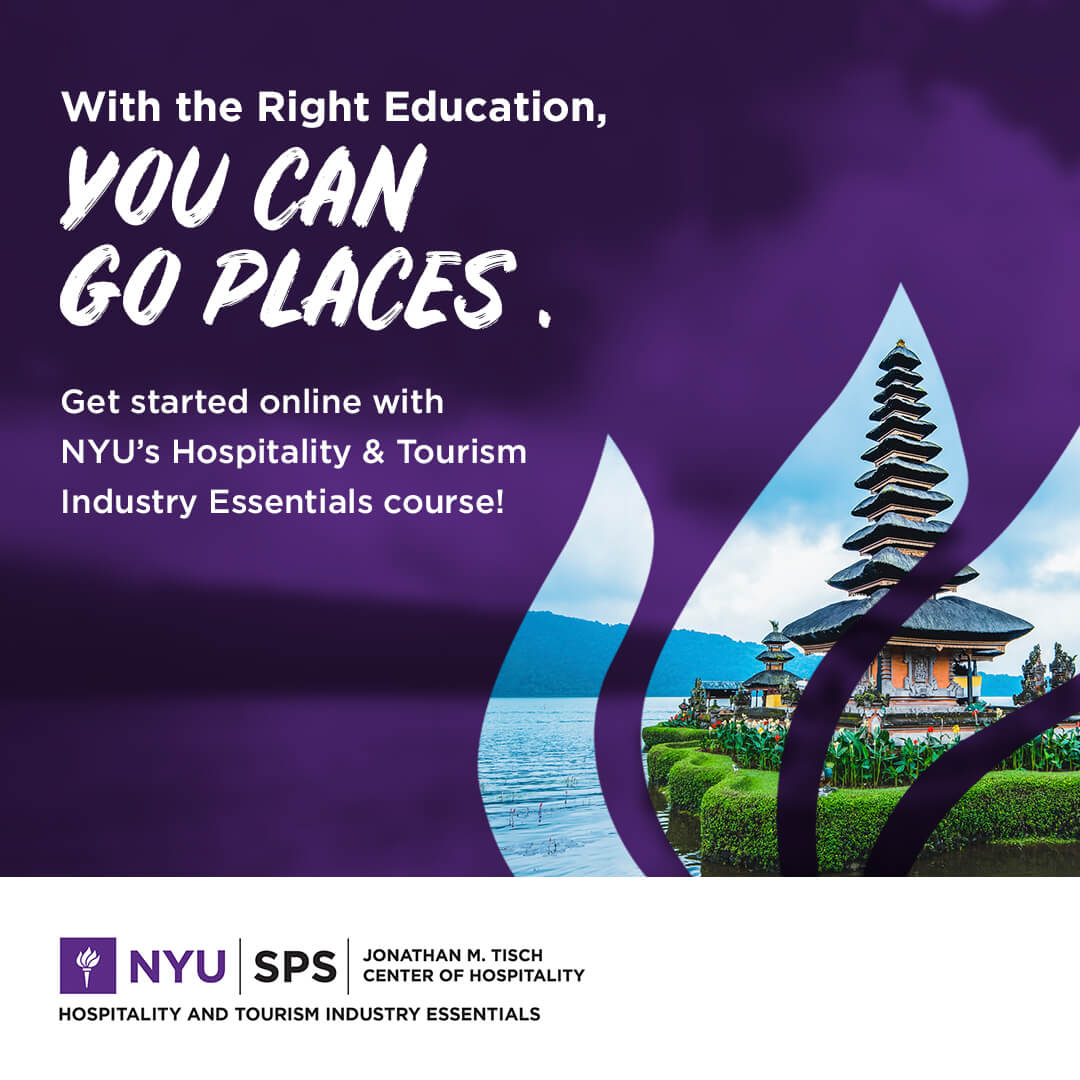Are you considering a career in the hospitality industry? Pursuing a hospitality course can be a strategic move to acquire the necessary skills and knowledge to thrive in this dynamic field. The hospitality industry offers a wide range of job opportunities, each requiring a unique set of skills and expertise.
1. Hotel Manager
Hotel managers oversee the daily operations of lodging establishments, ensuring that guests have a pleasant and comfortable stay. Responsibilities may include managing staff, handling guest inquiries and concerns, overseeing budgets, and maintaining the overall quality of services provided. A hospitality course can equip you with the leadership, communication, and problem-solving skills needed to succeed in this role.
2. Event Planner
Event planners coordinate and execute various types of events, such as weddings, conferences, and corporate gatherings. These professionals are responsible for managing all aspects of an event, including venue selection, catering, logistics, and budgeting.
By taking a hospitality course, you can learn how to plan and execute successful events while providing exceptional customer service and attention to detail.
3. Travel Consultant
Travel consultants assist clients in planning and booking their travel arrangements, including flights, accommodations, and activities. These professionals must have in-depth knowledge of different destinations, travel regulations, and booking systems to provide clients with accurate and personalized recommendations. A hospitality course can help you develop the expertise and customer service skills necessary to excel in this role.
4. Restaurant Manager
Restaurant managers oversee the day-to-day operations of dining establishments, ensuring that guests receive high-quality service and dining experiences. Responsibilities may include managing staff, maintaining inventory, overseeing food safety regulations, and ensuring customer satisfaction.
By enrolling in a hospitality course, you can gain the knowledge and practical skills needed to effectively manage a restaurant and deliver exceptional dining experiences.
5. Resort Manager
Resort managers are responsible for overseeing the operations of leisure facilities, such as resorts, spas, and recreational centers. These professionals ensure that guests have a relaxing and enjoyable experience during their stay, managing amenities, activities, and staff.
By completing a hospitality course, you can learn how to effectively manage a resort property, enhance guest satisfaction, and drive business growth in the hospitality industry.
6. Catering Manager
Catering managers coordinate and oversee the catering services for events, such as weddings, parties, and corporate functions. These professionals work closely with clients to understand their catering needs, create menus, manage budgets, and ensure the successful execution of events.
By enrolling in a hospitality course, you can develop the culinary, organizational, and customer service skills required to excel in this role.
7. Tourism Officer
Tourism officers promote travel destinations, attractions, and activities to attract visitors and boost tourism revenue. These professionals collaborate with tourism businesses, government agencies, and local communities to develop and implement tourism initiatives.
By taking a hospitality course, you can gain a comprehensive understanding of tourism marketing, destination management, and sustainable tourism practices to make a positive impact in the tourism industry.
8. Guest Relations Manager
Guest relations managers focus on enhancing the overall guest experience at hotels, resorts, or other hospitality establishments. These professionals handle guest feedback, resolve complaints, and implement strategies to improve guest satisfaction and loyalty.
By completing a hospitality course, you can learn how to effectively manage guest relations, deliver exceptional customer service, and create memorable experiences for guests.
9. Revenue Manager
Revenue managers are responsible for maximizing revenue and profitability for hospitality businesses, such as hotels, restaurants, and event venues. These professionals analyze market trends, pricing strategies, and demand forecasts to optimize revenue streams and occupancy rates.
By enrolling in a hospitality course, you can develop the analytical, financial, and strategic skills needed to succeed in revenue management roles within the hospitality industry.
10. Spa Manager
Spa managers oversee the operations of spa facilities, including wellness centers, beauty salons, and massage clinics. These professionals are responsible for managing staff, creating spa packages, maintaining a relaxing environment, and ensuring high-quality services for clients.
By taking a hospitality course, you can learn how to effectively manage a spa business, deliver exceptional spa experiences, and promote health and wellness in the hospitality sector.
Conclusion
By enrolling in a hospitality course, you can gain the knowledge, skills, and practical experience needed to pursue a successful career in the diverse and dynamic hospitality industry. Moreover, investing in your education and professional development can open doors to exciting job opportunities and rewarding experiences in this vibrant field.
Key Takeaways:
- Hospitality courses provide foundational and practical skills for a wide range of careers in the industry, from hotels to tourism.
- Hotel, resort, and restaurant managers benefit from training in leadership, customer service, and operations management.
- Event planners and catering managers require strong organizational, budgeting, and interpersonal skills, all of which are covered in hospitality programs.
- Travel consultants and tourism officers need destination knowledge, marketing insight, and booking expertise—skills developed through targeted coursework.
- Guest relations and spa managers focus on enhancing customer experience and service quality, supported by hospitality education in people management and wellness.
- Revenue managers use data and strategy to maximize business performance, relying on financial and analytical training provided in advanced hospitality studies.
- The hospitality industry offers diverse career paths with opportunities to specialize based on interests and strengths.
- Continuous learning and professional development through hospitality courses can enhance employability and support long-term career growth.
- The industry is customer-focused and dynamic, requiring adaptability, cultural awareness, and a service-oriented mindset.
- Investing in a hospitality course is a strategic step for anyone looking to enter or advance in this rewarding and global field.
By enrolling in the NYU Hospitality and Tourism Industry Essentials online course and certificate program, you can further enhance your expertise and advance your career in this exciting field. Start your journey towards a rewarding career in hospitality today.








